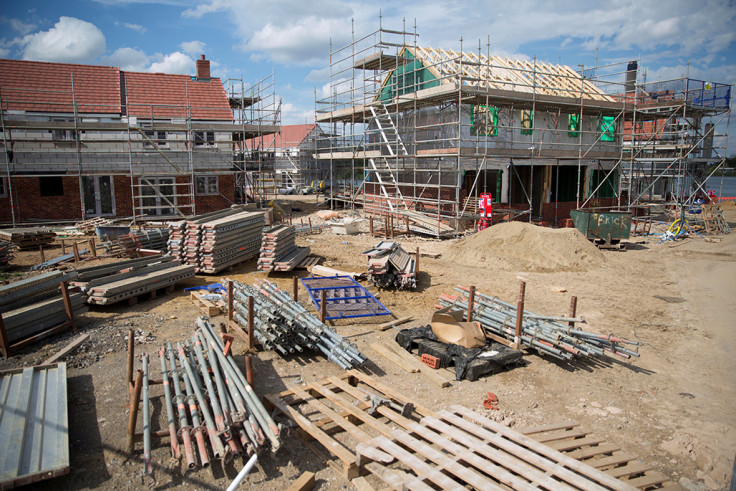UK construction sector grows at fastest pace since March despite mounting inflation costs
Markit PMI shows average cost burdens rose sharply, with the rate of inflation the steepest since April 2011.

Britain's construction sector fared better than expected in November, buoyed by a strong performance in residential projects, but the rate of inflation was the steepest on record in five years.
The closely watched Markit/CIPS UK Construction Purchasing Managers' Index stood at 52.8 last month, compared with analysts' expectations for a 52.2 figure and with the 52.6 reading recorded in October, when the index touched the highest level since March.
A reading above the 50.0 mark indicates growth, and October was the first time in four months the sector had reported signs of expansion.
This latest reading is also well above July's seven-year low, a month after Britain's vote to leave the EU on 23 June, and marked the third consecutive month of growth.
Business activity and incoming new work both increased at the strongest pace since March, although both rates of expansion remained much softer than the peaks achieved at the start of 2014.
However, average cost burdens rose sharply, with the rate of inflation the steepest since April 2011.
Among individual sectors, commercial work picked up for the first time in five months, while civil engineering remained the weakest area of activity. The housebuilding sector, meanwhile, remained the best performing category in the sector, although the pace of expansion fell to a three-month low.
"Input cost inflation accelerated to its fastest for five-and-a-half years, driven by sharply rising imported raw material prices," said Tim Moore, senior economist at IHS Markit.
"A number of firms cited uncertainty related to supplier price hikes as an emerging threat to the construction sector, with survey respondents commenting on difficulties forecasting project costs against a backdrop of rapidly changing inflationary pressures."
A separate Markit/CIPS survey released on Thursday (1 December) showed Britain's manufacturing sector suffered a slight but unexpected slowdown in November, as the weak pound drove up input costs.
Average purchase prices rose at one of the fastest rates on record and close to October's six-year high. Part of the increase in input costs was passed on to clients in the form of higher selling prices, as output charges rose for the seventh successive month, with the rate of increase one of the highest in the last five-and-a-half years.
© Copyright IBTimes 2025. All rights reserved.






















